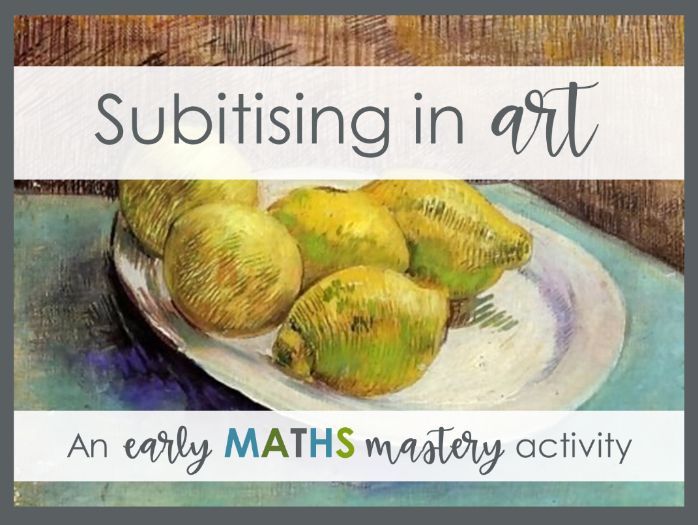EarlyMathsMastery's Shop
My experiences teaching maths mastery with children taking their first steps in maths have been so powerful, creative and fun that I wanted to share them. I hope you enjoy the resources and teaching early maths mastery as much as I do!



















